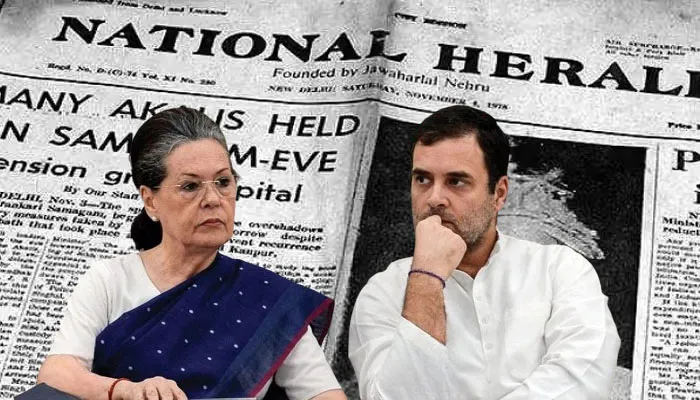
The National Herald controversy, once seen as a dormant issue from India’s post-Independence era, has resurfaced with serious allegations involving top Congress leaders. The Enforcement Directorate has accused Sonia and Rahul Gandhi of orchestrating a scheme to illegally acquire assets worth Rs 5,000 crore under the guise of a corporate restructuring effort. The case has reignited long-standing criticisms of the Congress party’s alleged history of corruption and dynastic privilege, with the Gandhi family at its center.
Interestingly, concerns about the National Herald’s financial dealings date back to 1950, when Sardar Vallabhbhai Patel raised red flags in letters to then Prime Minister Jawaharlal Nehru. Patel warned about dubious donations, including one linked to a firm with a questionable government contract and connections to financial fraud. He also expressed unease over a Union Minister’s role in soliciting money from controversial businessmen. Nehru responded dismissively, distancing himself from the Herald’s affairs and offering vague reassurances, which Patel viewed as a lack of accountability.
Now, decades later, the warnings of Patel seem prescient as the ED investigates alleged financial misconduct by the Gandhis in acquiring National Herald assets via Young Indian Pvt. Ltd. Critics like Dr. Subramanian Swamy argue that the case highlights a pattern of political entitlement within Congress. As the case plays out, it is being viewed not just as a legal battle, but as a larger symbol of institutional decay and unheeded warnings from India’s early leadership.

Post Your Comments